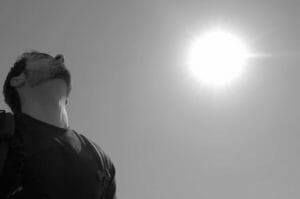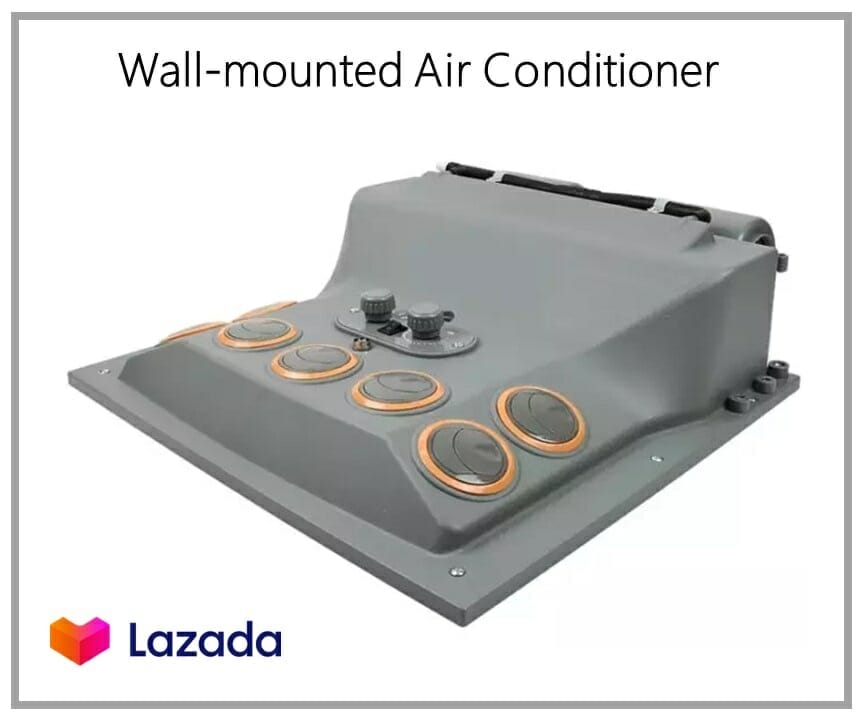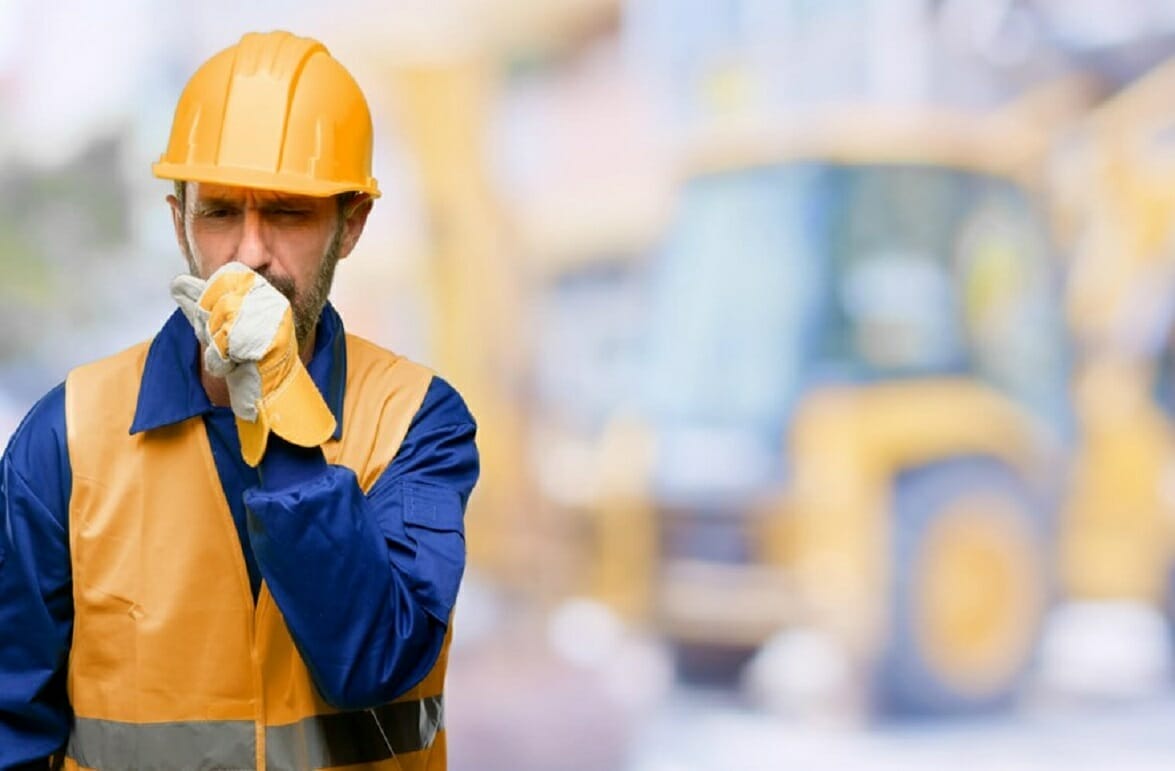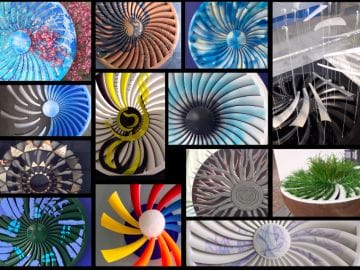If I asked you to picture the air, what do you imagine? Most people think about an empty space or a clear blue sky, or sometimes trees dancing in the wind. That is when I remember my high school chemistry teacher with long socks, standing next to the blackboard drawing diagrams of bubbles connected to other bubbles, describing how they vibrate and collide in a frantic soup.
However, really we tend not to think about the air at all. We notice it mostly when there is some kind of unpleasant sensory intrusion upon it. Like a terrible smell or something visible like smoke or mist. But it’s always there.
It’s touching all of us all the time, it’s even inside us. Our air is immediate, vital and intimate and yet it is so easily forgotten.

So what is the air?
It is a combination of the invisible gases that envelop the earth, attracted by the earth’s gravitational pull. Even though I am a consumer behaviorist, I am interested in the invisibility of the air. I am interested in how we imagine it. How we experience it. How we all have an innate understanding of its materiality through breathing. All life on earth changes the air through gas exchange. You are doing it right now.
So take a breath. IN and now, OUT.
The air that you just exhaled is now enriched a hundred fold by carbon dioxide. So roughly 5 liters of Air per breath, 17 breaths per minute. 525600 minutes per year. Comes to approximately 45 million liters of air enriched a hundred times with carbon dioxide. Just by you. Now that is equivalent to approximately 18 Olympic sized swimming pools by volume.
1.2g per liter – 4% is carbon dioxide – 0.048g of carbon dioxide per liter – 2160 kg of carbon dioxide

Now imagine breathing this in repeatedly in a closed room with no fresh air. You do not see it but the level of carbon dioxide increases rapidly causing you harm. Some symptoms of high levels of carbon dioxide in the blood are drowsiness, inability to concentrate and headache, according to About.com. In more severe cases of high carbon dioxide, also known as hypercapnia, symptoms include flushed skin, dizziness, muscle twitches, increased blood pressure and rapid breathing. These symptoms are a sign of respiratory failure and require immediate medical attention.
For me air is plural, it is simultaneously as small as our breathing and as big as our planet.

This article is sponsored by Trox Middle East.












